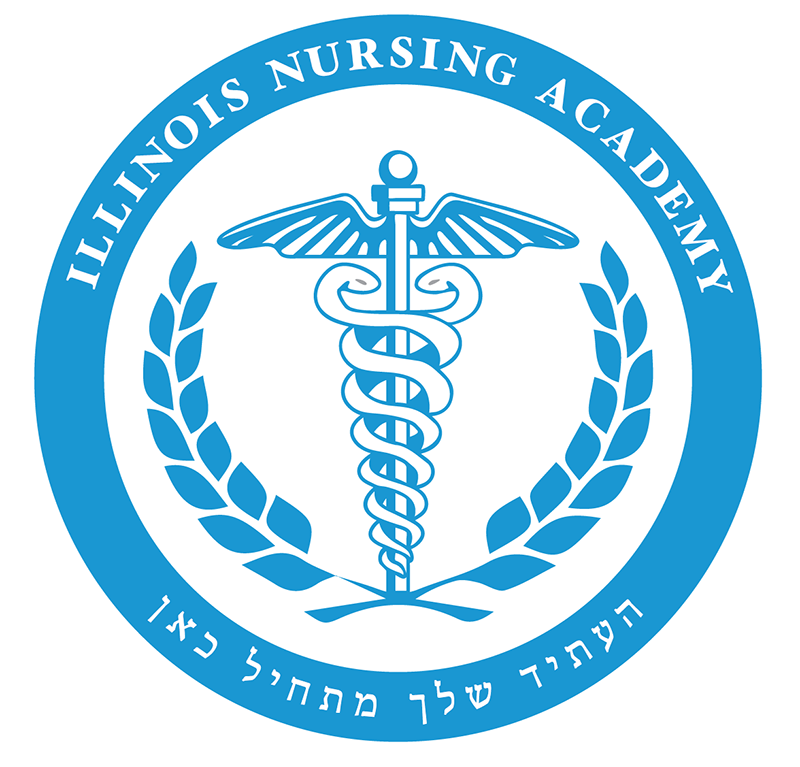Introduction
What is a Certified Nursing Assistant?
In the dynamic realm of healthcare, Certified Nursing Assistants (CNAs) play a vital role as unsung heroes, providing essential support to patients and contributing to the smooth functioning of medical facilities. At its core, a CNA is a healthcare professional responsible for assisting patients with their daily activities, ensuring their comfort, and supporting the medical staff in a variety of tasks.
What does a Certified Nursing Assistant do?
The responsibilities of CNAs are diverse, encompassing everything from taking vital signs to aiding with personal hygiene and mobility. Their tireless efforts and dedication help bridge the gap between patients and medical professionals, making them indispensable assets to the healthcare industry.
Job Stability
The demand for Certified Nursing Assistants has been surging in recent times, a trend likely to persist in the coming years. The aging population and the ever-increasing need for quality healthcare services have contributed significantly to this demand. This presents an exciting prospect for individuals seeking long-term job stability and security.
One of the key advantages of job stability as a CNA is the peace of mind that comes with knowing your expertise is consistently valued and required in the medical field. Whether employed in hospitals, nursing homes, or home healthcare settings, CNAs are sought-after professionals, making this career path a wise choice for those seeking enduring professional prospects.
Moreover, aspiring nurses can also leverage their experience as CNAs as a stepping stone to nursing school. Many nursing programs now consider CNA experience as a prerequisite or view it favorably during the selection process. This opportunity for growth makes becoming a CNA an attractive proposition for individuals aiming to pursue higher medical qualifications.
Personal Fulfillment
Beyond job stability, the personal fulfillment that accompanies a career as a CNA is immeasurable. CNAs form genuine connections with their patients, witnessing the impact of their care on vulnerable lives. The ability to make a positive difference in a person’s well-being fosters a profound sense of fulfillment, giving CNAs a unique purpose in their professional journey.
As they assist patients in their daily activities and offer compassionate support, CNAs become instrumental in enhancing the overall healthcare experience for those under their care. The satisfaction derived from making patients’ lives more comfortable and enjoyable is unparalleled, elevating the CNA profession to a profoundly meaningful vocation.
Opportunities for Career Advancement as a CNA
Contrary to common misconceptions, a career as a CNA is not a dead-end job. On the contrary, it opens doors to various avenues for professional growth and development. One of the primary routes to career advancement is through further education and specialization.
By pursuing additional certifications and training, CNAs can specialize in specific areas of healthcare, such as geriatrics or mental health. This specialization not only enhances their expertise but also expands their career prospects, allowing them to explore diverse roles within the healthcare landscape.
Furthermore, ambitious CNAs can seize opportunities for career growth by taking roles such as Licensed Practical Nurse (LPN) or Registered Nurse (RN). The experience gained from their initial CNA role provides a solid foundation for these positions, empowering them to lead and guide their peers in delivering outstanding patient care.
Conclusion
In conclusion, the decision to embark on a career as a Certified Nursing Assistant (CNA) is an exceptional choice offering a multitude of benefits. From job stability in a rapidly growing field to the unparalleled personal fulfillment that arises from positively impacting patients’ lives, the rewards of being a CNA are abundant.
Aspiring healthcare professionals can leverage their experience as CNAs to pursue higher medical qualifications, facilitating their journey toward nursing school and beyond. Moreover, the multitude of opportunities for career advancement and specialization ensures that the CNA profession is far from stagnant, opening doors to continued professional growth.
Becoming a Certified Nursing Assistant is an excellent way to enter the healthcare industry and make a difference in the lives of patients. It’s a rewarding career path that offers both challenges and fulfillment. If you have a passion for helping others and are interested in healthcare, consider embarking on the journey to become a CNA.
Illinois Nursing Academy stands as the largest CNA school in the state, earning the trust of numerous healthcare agencies, including hospitals, long-term care facilities, and assisted living centers, offering you the ideal platform to begin your journey toward becoming a compassionate and skilled CNA.
Thinking about a CNA career in Illinois? Follow the steps below to learn how to become a CNA.
How to Become a CNA
Step 1: Enroll in Illinois Nursing Academy’s CNA program.
Step 2: Attend the comprehensive 10-week course that will consist of 10 theory classes and 5 hands-on clinical classes led by experienced instructors to gain essential knowledge and practical skills required for the certification.
Step 3: Prepare for the state exam with the support of Illinois Nursing Academy’s exam preparation resources and guidance.
Step 4: After successfully passing the state exam, obtain your CNA certification and embark on a rewarding career in the healthcare field.

